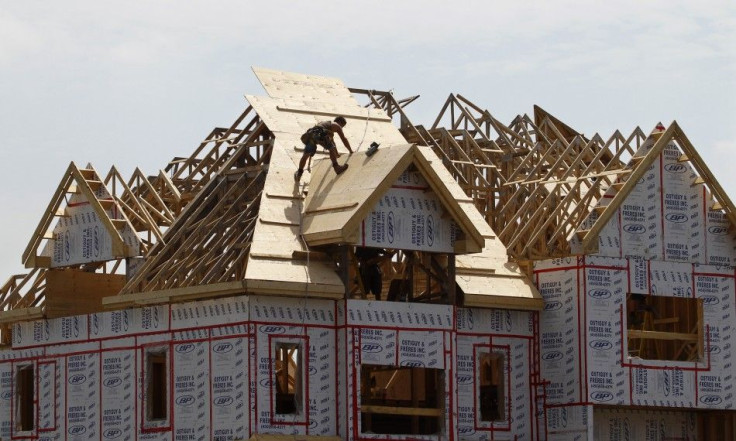Consumers Hold Off On Building New Homes As Costs, COVID Cases Continue To Climb
New housing construction fell 7% in July as consumers continue to hold back over fears of a resurgence of the coronavirus, according to the latest report released from the Census Bureau on Wednesday.
Construction costs and home prices also continue to plague the housing market, causing a dip below the forecasted estimates of 1.6 million units for the month, according to Reuters.
Housing starts for July reached 1.534 million units, well below the revised June estimate of 1.650 million units, while building permits increased 2.6% to a rate of 1.635 million for the month.
Single-family homes were down 4.5% for the month to 1.111 million, declining past June’s 1.163 million units. Buildings with five or more units saw 412,000 builds.
“While demand for new homes remains high, the pace of new construction reflected softening homebuilder confidence in June as builders grappled with the opportunity to shore up profitability now that lumber prices are declining from recent spikes,” Realtor.com Senior Economist, George Ratiu, said in an email.
“Builders continue to pull back on the pace of completions, wary of overcommitting on final new home prices in the face of volatile costs for land, materials, and labor,” he added.
According to Reuters, costs for materials continue to remain an issue for builders, compounded by land and labor shortages. The recent COVID surge has also played a role as cases of the virus reach record numbers across the U.S.
The homebuilding sector, in general, has lagged since March, when it reached a level of 1.739 million units – the highest level since June 2006, the news outlet said.

© Copyright IBTimes 2025. All rights reserved.




















